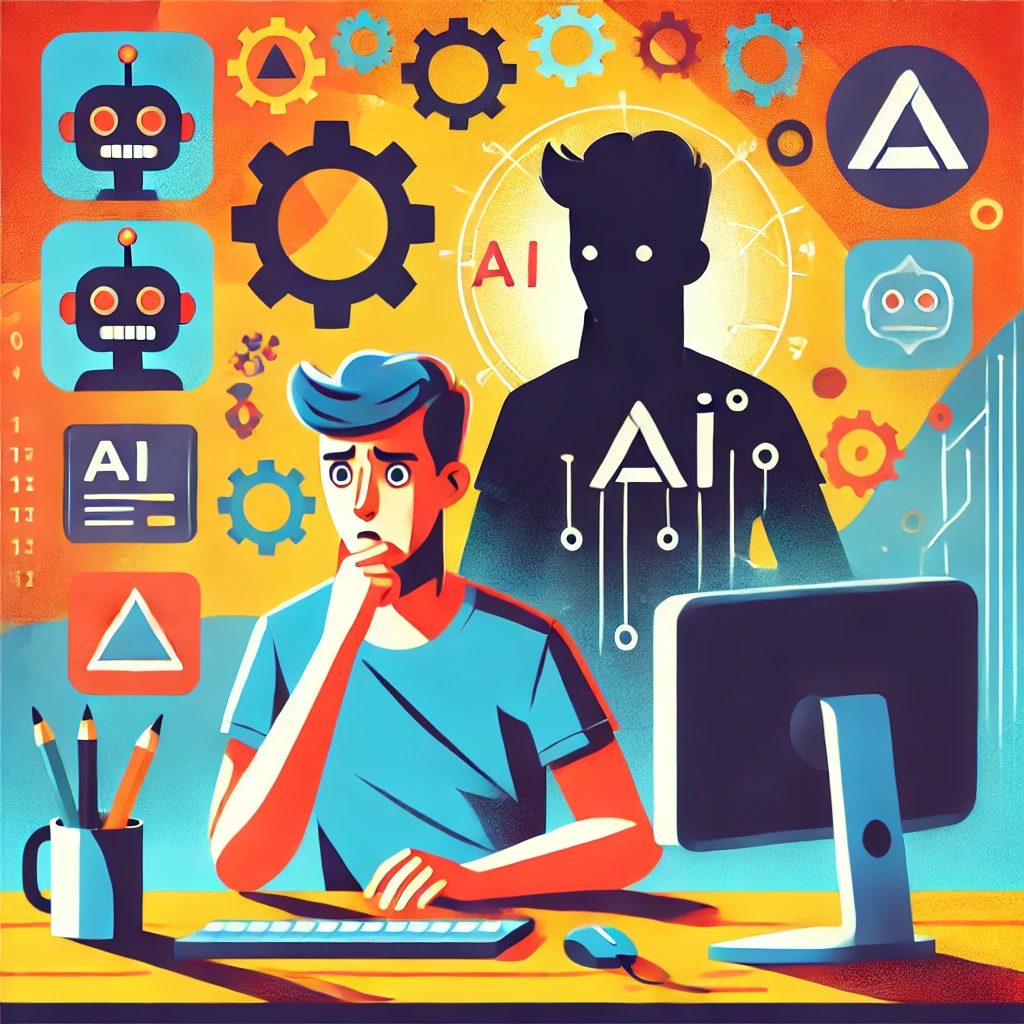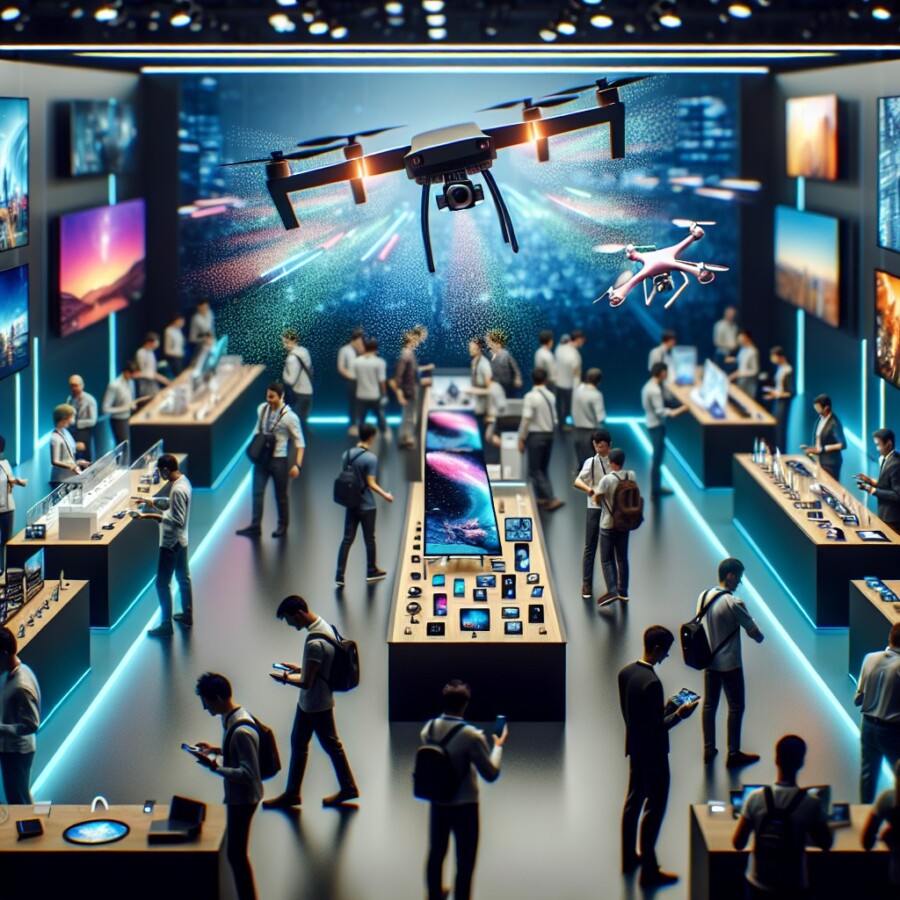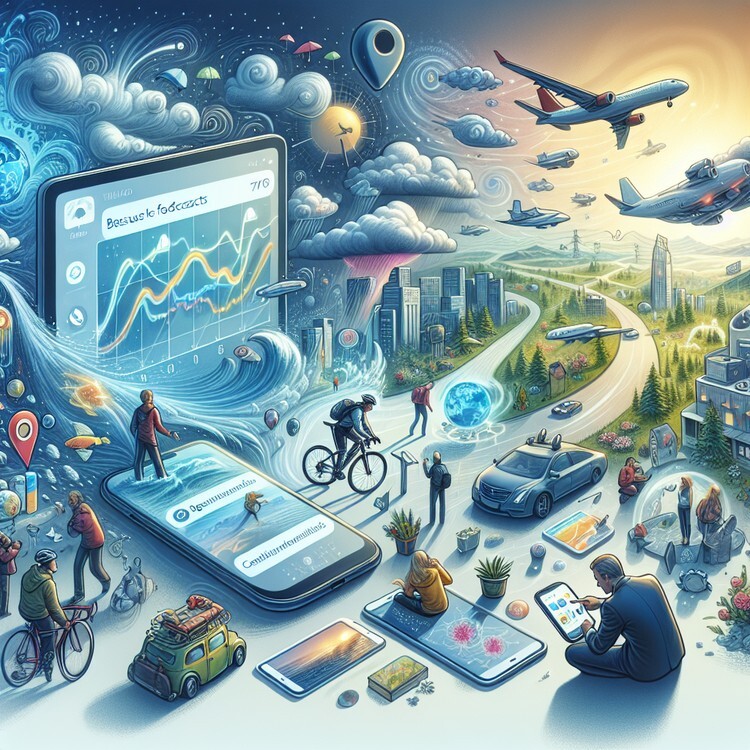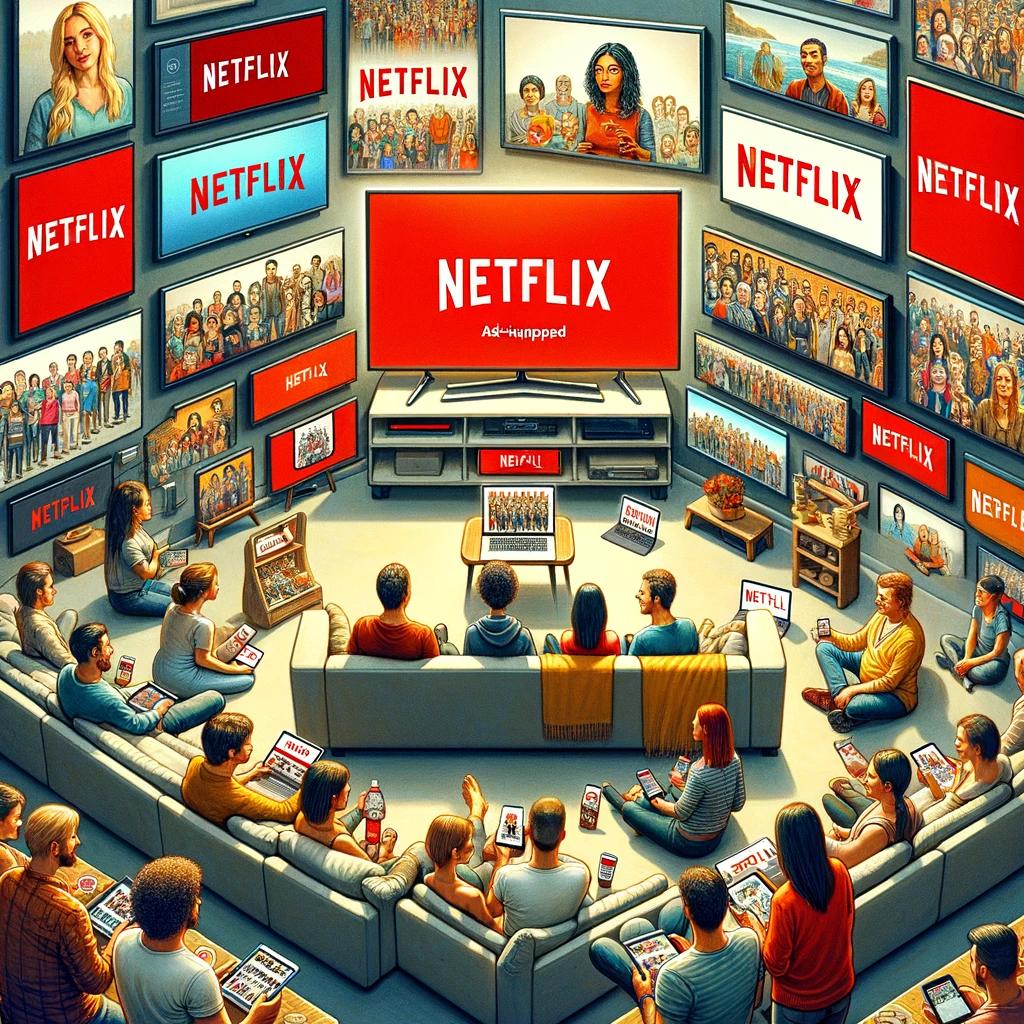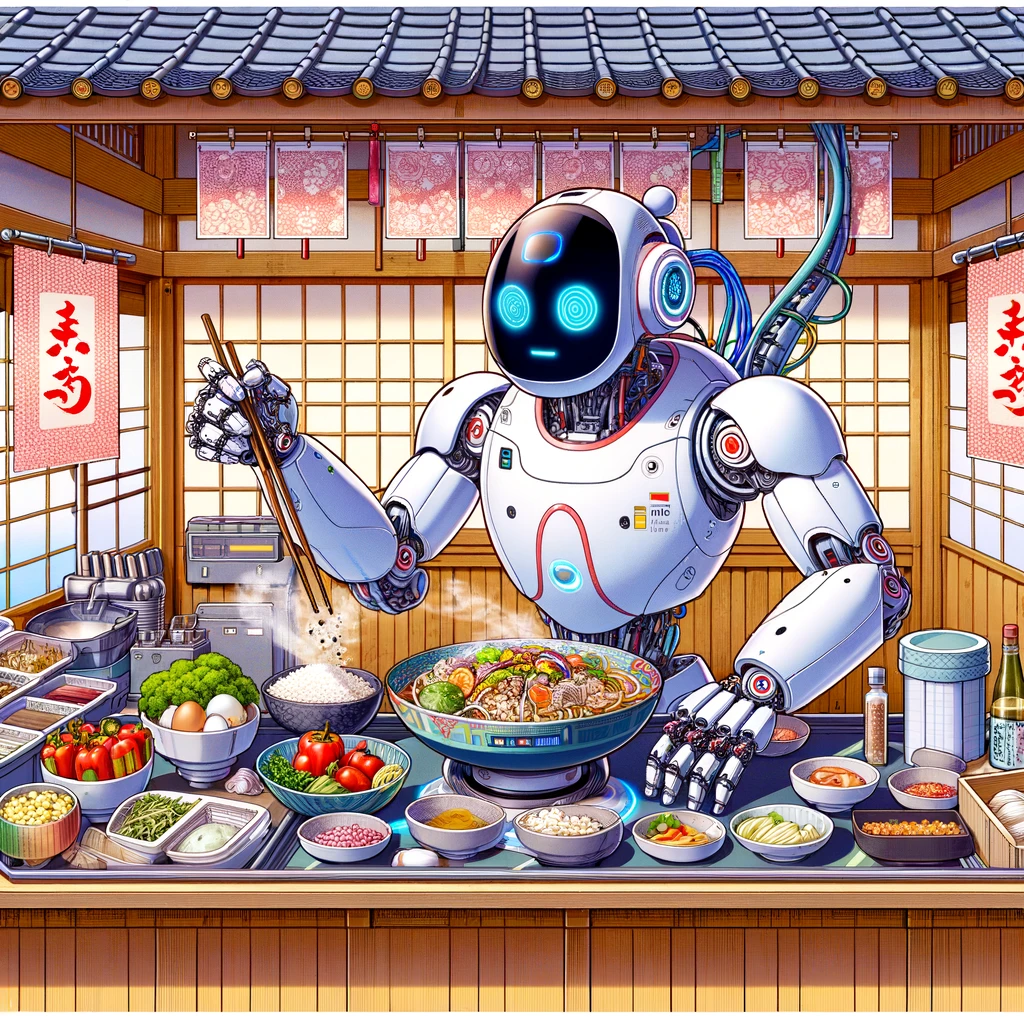The rise of artificial intelligence (AI) in the gaming industry has created a sense of uncertainty among game developers. Jess Hyland, a video game artist with nearly 15 years of experience, expresses her concerns about the precarious state of the industry. Despite a surge in players and profits during the pandemic, many workers have lost their jobs, and numerous successful studios have closed down. As the industry grapples with these challenges, there is a growing fear of further layoffs and studio closures, contributing to a climate of anxiety among game developers.
While some industry leaders are optimistic about the potential of generative AI to enhance creativity and streamline development processes, many workers are skeptical. Companies like Nvidia are showcasing AI tools that promise to save time and improve user experiences. However, Jess argues that the enthusiasm for AI often comes from those outside the creative roles, leading to concerns that employers may view AI as a means to reduce labor costs. This suspicion is compounded by reports of job losses linked to AI, particularly in entry-level positions such as concept art.
The apprehension surrounding AI extends to the nature of creative work itself. Jess points out that instead of artists creating original content, they may find themselves in a position where they are merely refining AI-generated outputs. This shift raises questions about the value of human creativity in a medium that relies heavily on artistic collaboration. The fear is that AI could diminish the role of artists, musicians, and writers, reducing their contributions to mere corrections of flawed AI outputs.
Concerns about copyright infringement also loom large in discussions about AI in gaming. Generative AI tools are often trained on vast amounts of data sourced from the internet, leading to accusations of mass copyright violations. While some studios are exploring ethical AI systems trained on proprietary data, the worry remains that the expectation for increased output will place additional pressure on workers. Jess emphasizes that the drive for more content could overshadow the artistic integrity of the games being produced.
Despite the challenges posed by AI, there are voices within the industry that see potential benefits. Composer Borislav Slavov, for instance, views AI as a tool that could enhance the creative process in music composition. He believes it could help composers explore new directions and focus on crafting emotionally resonant themes. However, he acknowledges that AI cannot replicate the unique human qualities that contribute to artistic expression. As the industry navigates the complexities of AI integration, it will need to balance technological advancements with the preservation of the human touch that defines the gaming experience.
Original news source: How AI is fuelling uncertainty for game developers (BBC)
🎧 Listen:
Slow
Normal
Fast
📖 Vocabulary:
| 1 | uncertainty | A state of being unsure or not having complete confidence |
| 2 | precarious | Not securely held or in position; dangerously likely to fall or collapse |
| 3 | surge | A sudden and large increase |
| 4 | grapples | Struggles to deal with or overcome a challenge |
| 5 | streamline | To make a process more efficient and effective |
| 6 | skepticism | Doubt or disbelief in something |
| 7 | compounded | Made more intense or severe by additional factors |
| 8 | apprehension | Anxiety or fear about something that might happen |
| 9 | infringement | A violation or breach of a law or agreement |
| 10 | proprietary | Owned by a private individual or organization and not available for public use |
| 11 | integrity | The quality of being honest and having strong moral principles |
| 12 | resonant | Deeply affecting or moving emotionally |
| 13 | replicate | To make an exact copy or reproduce |
| 14 | integration | The process of combining or incorporating into a whole |
| 15 | preservation | The act of maintaining or protecting something from harm or decay |
Group or Classroom Activities
Warm-up Activities:
– CHARADES
Instructions: Divide the class into two teams. Each team takes turns acting out key terms or concepts from the article (e.g., “artificial intelligence,” “job loss,” “creative process”) without speaking, while their team guesses the term. This helps reinforce vocabulary and comprehension of the article’s themes.
– OPINION POLL
Instructions: Create a list of statements based on the article (e.g., “AI will improve creativity in gaming,” “Job losses in the gaming industry are primarily due to AI”). Students will walk around the room and ask their classmates to agree or disagree with each statement, then discuss their opinions in small groups. This promotes speaking skills and critical thinking.
– MIND MAP
Instructions: On a large piece of paper or a digital tool, students will collaboratively create a mind map based on the article. They should include central themes such as “AI in Gaming,” “Job Concerns,” “Creative Roles,” and “Copyright Issues,” and branch out with related ideas and vocabulary. This visual activity aids in comprehension and retention of the article’s main points.
– HEADLINE CREATION
Instructions: Students will work in pairs to come up with catchy headlines for the article. They should focus on capturing its essence and main themes, such as the impact of AI on the gaming industry and the concerns of game developers. Afterward, pairs can share their headlines with the class for discussion, promoting creativity and summarization skills.
– SYNONYM CHALLENGE
Instructions: Provide students with a list of key vocabulary words from the article (e.g., “uncertainty,” “creativity,” “integrity”). In pairs, students will find synonyms for these words and then share their findings with the class. This activity enhances vocabulary skills and encourages deeper understanding of word meanings in context.
🤔 Comprehension Questions:
1. What concerns does Jess Hyland have regarding the state of the gaming industry in relation to AI?
2. How has the pandemic impacted the gaming industry in terms of player engagement and job security?
3. What are the contrasting views of industry leaders and workers regarding the role of AI in game development?
4. In what ways does Jess believe AI could affect the creative contributions of artists, musicians, and writers in gaming?
5. What issues surrounding copyright infringement are associated with the use of generative AI in the gaming industry?
6. How do some studios plan to address the ethical concerns related to AI training on data sourced from the internet?
7. What potential benefits of AI does composer Borislav Slavov highlight in the context of music composition?
8. According to the article, what balance must the gaming industry strike as it integrates AI technologies into its creative processes?
Go to answers ⇩
🎧✍️ Listen and Fill in the Gaps:
The rise of artificial (1)______ (AI) in the gaming industry has created a sense of uncertainty among game developers. Jess Hyland, a video game artist with nearly 15 years of (2)______, expresses her concerns about the precarious state of the industry. Despite a surge in players and profits during the pandemic, many workers have lost their jobs, and numerous successful studios have closed down. As the industry grapples with these challenges, there is a growing fear of further layoffs and studio closures, contributing to a climate of (3)______ among game developers.
While some industry leaders are optimistic about the potential of (4)______ AI to enhance creativity and streamline development processes, many workers are skeptical. Companies like Nvidia are showcasing AI tools that promise to save time and improve user (5)______. However, Jess argues that the (6)______ for AI often comes from those outside the creative roles, leading to concerns that employers may view AI as a means to reduce labor (7)______. This suspicion is compounded by reports of job losses linked to AI, particularly in entry-level positions such as concept art.
The apprehension surrounding AI extends to the nature of creative work itself. Jess points out that instead of artists creating original content, they may find themselves in a position where they are merely refining AI-generated (8)______. This shift raises questions about the value of human creativity in a medium that relies heavily on artistic collaboration. The fear is that AI could diminish the role of artists, musicians, and writers, reducing their contributions to mere corrections of flawed AI outputs.
Concerns about copyright infringement also loom large in discussions about AI in gaming. Generative AI (9)______ are often (10)______ on vast (11)______ of data sourced from the internet, leading to accusations of mass copyright violations. While some studios are exploring ethical AI systems trained on proprietary data, the worry remains that the expectation for increased output will place additional pressure on workers. Jess (12)______ that the drive for more content could overshadow the artistic integrity of the games being (13)______.
Despite the challenges posed by AI, there are (14)______ within the industry that see potential benefits. Composer Borislav Slavov, for instance, views AI as a tool that could enhance the creative process in music composition. He believes it could help composers explore new directions and focus on crafting emotionally resonant themes. However, he acknowledges that AI cannot replicate the unique human qualities that contribute to artistic expression. As the industry navigates the complexities of AI integration, it will need to balance technological advancements with the preservation of the human (15)______ that defines the (16)______ experience.
Go to answers ⇩
💬 Discussion Questions:
Students can ask a partner these questions, or discuss them as a group.
1. What is your opinion on the impact of artificial intelligence on creative industries like gaming?
2. How would you feel if you were a game developer facing the possibility of job loss due to AI advancements?
3. Do you think AI can truly enhance creativity, or does it pose a threat to human artistic expression? Why or why not?
4. What is a significant change you’ve seen in your field of study or work due to technological advancements?
5. How do you believe the role of artists will evolve in industries increasingly influenced by AI?
6. Do you like the idea of AI-generated content in gaming, or do you prefer purely human-created experiences? Why?
7. How would you react if you were asked to work alongside AI tools that may replace some of your tasks?
8. Do you think there should be stricter regulations on AI usage in creative fields to protect artists? Why or why not?
9. What is a personal experience you’ve had with technology changing the way you do your work or hobbies?
10. How do you feel about the ethical implications of using AI trained on data from the internet without proper attribution?
11. Do you think the potential benefits of AI in gaming outweigh the risks for workers in the industry? Why or why not?
12. What is a creative project you would like to work on, and how do you feel AI might help or hinder that process?
13. How would you feel if your own creative work was influenced or altered by AI technology?
14. Do you think the gaming industry should prioritize artistic integrity over the demand for increased content? Why?
15. What is a way you think artists can maintain their unique voice and style in a world increasingly dominated by AI?
Individual Activities
📖💭 Vocabulary Meanings:
Match each word to its meaning.
Words:
1. uncertainty
2. precarious
3. surge
4. grapples
5. streamline
6. skepticism
7. compounded
8. apprehension
9. infringement
10. proprietary
11. integrity
12. resonant
13. replicate
14. integration
15. preservation
Meanings:
(A) Made more intense or severe by additional factors
(B) A state of being unsure or not having complete confidence
(C) Struggles to deal with or overcome a challenge
(D) The act of maintaining or protecting something from harm or decay
(E) Not securely held or in position; dangerously likely to fall or collapse
(F) The quality of being honest and having strong moral principles
(G) To make an exact copy or reproduce
(H) Anxiety or fear about something that might happen
(I) A violation or breach of a law or agreement
(J) The process of combining or incorporating into a whole
(K) Deeply affecting or moving emotionally
(L) To make a process more efficient and effective
(M) Doubt or disbelief in something
(N) Owned by a private individual or organization and not available for public use
(O) A sudden and large increase
Go to answers ⇩
🔡 Multiple Choice Questions:
1. What is Jess Hyland’s profession?
(a) Game developer
(b) Music composer
(c) AI researcher
(d) Video game artist
2. What has contributed to a climate of anxiety among game developers?
(a) Increased competition from other industries
(b) Lack of player interest in games
(c) Fear of layoffs and studio closures
(d) High costs of game development
3. What is one potential benefit of generative AI mentioned in the article?
(a) Enhancing creativity and streamlining development processes
(b) Reducing the number of players in the gaming industry
(c) Eliminating the need for artists entirely
(d) Increasing the complexity of game mechanics
4. What concern does Jess express about the role of artists in the age of AI?
(a) They will have more creative freedom
(b) They may only refine AI-generated outputs
(c) They will be able to create original content more easily
(d) They will be replaced by AI completely
5. What issue is raised regarding copyright in relation to AI in gaming?
(a) Increased protection for artists’ work
(b) Simplification of copyright laws
(c) Decreased need for copyright enforcement
(d) Accusations of mass copyright violations
6. How does composer Borislav Slavov view AI’s role in music composition?
(a) As a tool that could enhance the creative process
(b) As a replacement for human composers
(c) As a hindrance to artistic expression
(d) As irrelevant to modern music creation
7. What does Jess emphasize about the expectation for increased output in the gaming industry?
(a) It will lead to more innovative game designs
(b) It could overshadow the artistic integrity of the games
(c) It will benefit all workers equally
(d) It will eliminate the need for collaboration
8. What unique quality does Borislav Slavov believe AI cannot replicate?
(a) The technical skills required for music composition
(b) The ability to generate music quickly
(c) The unique human qualities that contribute to artistic expression
(d) The understanding of gaming mechanics
Go to answers ⇩
🕵️ True or False Questions:
1. Composer Borislav Slavov sees potential benefits in using AI for music composition, but he acknowledges that AI cannot replicate the unique qualities of human artistic expression.
2. Copyright infringement is a significant concern related to the use of generative AI tools in gaming, as they are often trained on data from the internet.
3. Some industry leaders believe that generative AI can enhance creativity and streamline development processes.
4. Jess Hyland, a video game artist with nearly 15 years of experience, praises the impact of AI on the industry.
5. The shift towards AI-generated outputs raises excitement about the increasing role of human artists, musicians, and writers in the creative process.
6. Some studios are exploring ethical AI systems that are trained on proprietary data to address copyright issues.
7. There is enthusiasm among many workers regarding the potential of AI, particularly concerning its potential to enhance labor costs.
8. The gaming industry has not experienced job losses and studio closures despite a surge in players and profits during the pandemic.
Go to answers ⇩
📝 Write a Summary:
Write a summary of this news article in two sentences.
Check your writing now with the best free AI for English writing!
Writing Questions:
Answer the following questions. Write as much as you can for each answer.
Check your answers with our free English writing assistant!
1. What are the main concerns Jess Hyland has regarding the impact of AI on the gaming industry?
2. How do some industry leaders view the role of AI in enhancing creativity and development processes?
3. What potential risks does Jess highlight regarding the shift from human creativity to AI-generated content?
4. How does the issue of copyright infringement relate to the use of generative AI in gaming?
5. In what ways does composer Borislav Slavov see AI as beneficial to the creative process, and what limitations does he acknowledge?
✅ Answers
🤔✅ Comprehension Question Answers:
1. What concerns does Jess Hyland have regarding the state of the gaming industry in relation to AI?
Jess Hyland is concerned that AI may lead to job losses, particularly in entry-level positions, and that it could diminish the role of artists, musicians, and writers by reducing their contributions to merely refining AI-generated outputs.
2. How has the pandemic impacted the gaming industry in terms of player engagement and job security?
The pandemic has led to a surge in players and profits in the gaming industry; however, it has also resulted in many workers losing their jobs and several successful studios closing down, creating a sense of job insecurity.
3. What are the contrasting views of industry leaders and workers regarding the role of AI in game development?
Industry leaders are generally optimistic about the potential of generative AI to enhance creativity and streamline development processes, while many workers are skeptical and fear that AI may be used to reduce labor costs and lead to job losses.
4. In what ways does Jess believe AI could affect the creative contributions of artists, musicians, and writers in gaming?
Jess believes that AI could shift the role of creative professionals from creating original content to merely refining AI-generated outputs, which could undermine the value of human creativity in the gaming industry.
5. What issues surrounding copyright infringement are associated with the use of generative AI in the gaming industry?
The use of generative AI raises concerns about mass copyright violations, as these tools are often trained on vast amounts of data sourced from the internet, leading to accusations of infringing on copyrighted material.
6. How do some studios plan to address the ethical concerns related to AI training on data sourced from the internet?
Some studios are exploring the use of ethical AI systems that are trained on proprietary data to mitigate concerns about copyright infringement and ensure that the artistic integrity of the games is preserved.
7. What potential benefits of AI does composer Borislav Slavov highlight in the context of music composition?
Borislav Slavov highlights that AI could serve as a tool to enhance the creative process in music composition, helping composers explore new directions and focus on crafting emotionally resonant themes.
8. According to the article, what balance must the gaming industry strike as it integrates AI technologies into its creative processes?
The gaming industry must balance the technological advancements provided by AI with the preservation of the human touch that defines the gaming experience, ensuring that the artistic integrity of the games is maintained.
Go back to questions ⇧
🎧✍️✅ Listen and Fill in the Gaps Answers:
(1) intelligence
(2) experience
(3) anxiety
(4) generative
(5) experiences
(6) enthusiasm
(7) costs
(8) outputs
(9) tools
(10) trained
(11) amounts
(12) emphasizes
(13) produced
(14) voices
(15) touch
(16) gaming
Go back to questions ⇧
📖💭✅ Vocabulary Meanings Answers:
1. uncertainty
Answer: (B) A state of being unsure or not having complete confidence
2. precarious
Answer: (E) Not securely held or in position; dangerously likely to fall or collapse
3. surge
Answer: (O) A sudden and large increase
4. grapples
Answer: (C) Struggles to deal with or overcome a challenge
5. streamline
Answer: (L) To make a process more efficient and effective
6. skepticism
Answer: (M) Doubt or disbelief in something
7. compounded
Answer: (A) Made more intense or severe by additional factors
8. apprehension
Answer: (H) Anxiety or fear about something that might happen
9. infringement
Answer: (I) A violation or breach of a law or agreement
10. proprietary
Answer: (N) Owned by a private individual or organization and not available for public use
11. integrity
Answer: (F) The quality of being honest and having strong moral principles
12. resonant
Answer: (K) Deeply affecting or moving emotionally
13. replicate
Answer: (G) To make an exact copy or reproduce
14. integration
Answer: (J) The process of combining or incorporating into a whole
15. preservation
Answer: (D) The act of maintaining or protecting something from harm or decay
Go back to questions ⇧
🔡✅ Multiple Choice Answers:
1. What is Jess Hyland’s profession?
Answer: (d) Video game artist
2. What has contributed to a climate of anxiety among game developers?
Answer: (c) Fear of layoffs and studio closures
3. What is one potential benefit of generative AI mentioned in the article?
Answer: (a) Enhancing creativity and streamlining development processes
4. What concern does Jess express about the role of artists in the age of AI?
Answer: (b) They may only refine AI-generated outputs
5. What issue is raised regarding copyright in relation to AI in gaming?
Answer: (d) Accusations of mass copyright violations
6. How does composer Borislav Slavov view AI’s role in music composition?
Answer: (a) As a tool that could enhance the creative process
7. What does Jess emphasize about the expectation for increased output in the gaming industry?
Answer: (b) It could overshadow the artistic integrity of the games
8. What unique quality does Borislav Slavov believe AI cannot replicate?
Answer: (c) The unique human qualities that contribute to artistic expression
Go back to questions ⇧
🕵️✅ True or False Answers:
1. Composer Borislav Slavov sees potential benefits in using AI for music composition, but he acknowledges that AI cannot replicate the unique qualities of human artistic expression. (Answer: True)
2. Copyright infringement is a significant concern related to the use of generative AI tools in gaming, as they are often trained on data from the internet. (Answer: True)
3. Some industry leaders believe that generative AI can enhance creativity and streamline development processes. (Answer: True)
4. Jess Hyland, a video game artist with nearly 15 years of experience, praises the impact of AI on the industry. (Answer: False)
5. The shift towards AI-generated outputs raises excitement about the increasing role of human artists, musicians, and writers in the creative process. (Answer: False)
6. Some studios are exploring ethical AI systems that are trained on proprietary data to address copyright issues. (Answer: True)
7. There is enthusiasm among many workers regarding the potential of AI, particularly concerning its potential to enhance labor costs. (Answer: False)
8. The gaming industry has not experienced job losses and studio closures despite a surge in players and profits during the pandemic. (Answer: False)
Go back to questions ⇧

